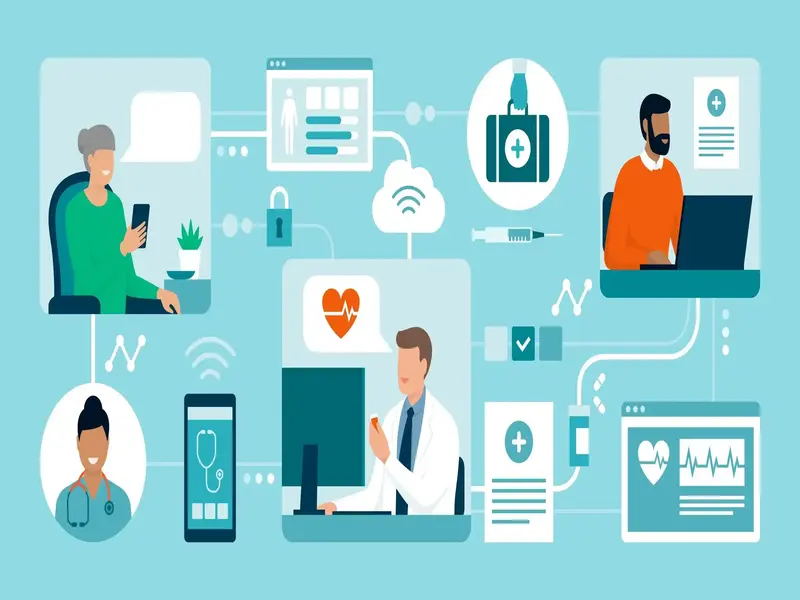As per studies, the Urgent Care Centre Market is poised to grow at a CAGR of 5.2% during the forecast period (2022 - 2027). Hospital Owned, Urgent Care Centres Segment, is anticipated to Grow at a High CAGR Over the Forecast Period. As per Harmony Healthcare IT survey, around one-quarter of the millennials looking for hyper convenience last visited a primary healthcare clinic five years ago.
With these numbers in sight, Private Equity, Big Hospitals, and at times insurers are in the fray to acquire these clinics.
Consolidation is driven majorly by cost savings due to economies of scale, the fixed costs being offset, and increased bargaining power in supply chain management. From the clinics' view – access to better technology, research, and more funds is mainly the driving factor.
Even as Urgent care is booming, A new era of Value-Based Care is emerging. As per a report by McKinsey & Company, the private equity inflow in value-based care has risen from 6 to 30% since the pandemic. The value-based care model is where the hospital and physicians are rewarded based on the patient's wellness outcome and not on the no. of services provided to the patient. This model has reduced the costs for patients and Payers. A population that is healthier means there are fewer claims on payers' pools and investments.
The above implies both positive and negative -there is access to better technology and specialties for clinics, and they are now investing in research and development. E.g., Clinical Trials launched by Next Level Urgent Medical LLC on orally administered pill-based therapy.
The clinics with lesser financial prowess, rural and mid-sized centers, have received a new lease of life, as per the Modern Healthcare report.
On the flip side, consolidation does not always lead to lower costs – with M&A, monopolies are being created, and the prices increase by almost 6-18%. In a survey, 90% of Employers who provide employee health benefits said this cost would become unsustainable for them in the next few years.
US healthcare is more expensive than most countries, with spending of 16.8% of GDP, spending according to Commonwealth Fund. Deloitte estimates this spending will triple by 2040.
With increasing healthcare costs which is not only the effect of consolidation but many factors, one will need to look towards alternatives. RPM (Remote Patient Monitoring) tools are increasingly used to manage patients. Home calls and diagnostics have made a comeback.
